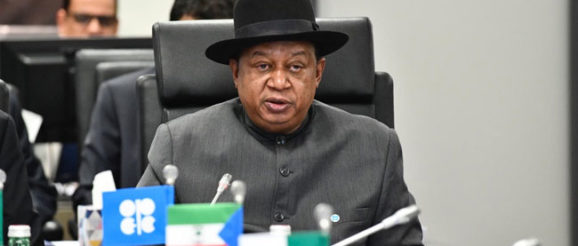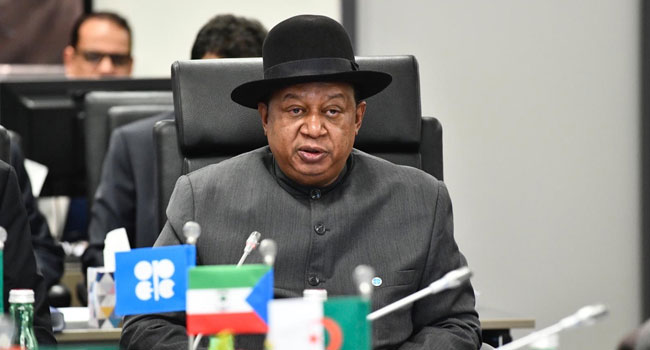Technological Innovation, Energy Efficiency Key To Reducing Impacts Of Climate Change – Barkindo


Innovations in technology, improved energy efficiency have been identified as part of the solutions to mitigate the impact of climate change globally.
This is according to the Organization of the Petroleum Exporting Countries (OPEC) Secretary General, Mohammad Barkindo, during the UN Climate Change Conference in Spain.
Mr Barkindo said that OPEC recognizes the complexity of climate change and there is no solution for global warming, while adding that all viable mitigation measures are necessary.
He stressed the support given to the Paris Agreement and urged that nobody should be left behind by the energy transition.
“At OPEC, we listen extensively to the scientists. We wholeheartedly support the Paris Agreement and the ethos of multilateralism that underpins it. The core elements of the Convention, particularly historical responsibility and national circumstances must be adhered to.
“We recognize the complexity and magnitude of climate change we are living in our countries. There is no panacea for global warming. All viable mitigation and adaptation measures are necessary.
“Technological innovation, including CCUS, enhanced investment for energy access, and improved energy efficiency must be part of the solution. The oil industry is committed to all of these,” he added.
READ ALSO: Senate To Investigate Actions Of NNPC Regarding Freight Of Petroleum Products
The OPEC Secretary General restated the role of oil companies in offering solutions, stating that the transition must be holistic.
“Nobody should be left behind by the energy transition. We reject an energy transition from one source to another.
“The oil industry must be part of the solution to the impacts of climate change.
“The energy transition must be holistic, inclusive, fair and equitable in accordance with the core UNFCCC principle of common but differentiated responsibilities and respective capabilities.”
Mr Barkindo, while making reference to his early days in Yola, Adamawa State, stated the challenges faced in accessing energy, particularly fuel.
He said that the experience is what replicates globally, stating that almost one billion people worldwide lack access to electricity.
“I grew up in Yola, Adamawa State, Nigeria. There, even today, keeping the lights on in our houses, insulating our homes or accessing clean water ̶ amenities taken for granted by many countries ̶ are beyond the reach of the most vulnerable in our communities.
“Sadly, this is a situation experienced in many developing countries.
“The almost one billion people worldwide who currently lack access to electricity and the three billion without modern fuels for cooking are not just statistics on a page. They are real people. Each one is an individual.”
He stated that: “Fuel poverty is not an abstract concept; rather it is a profound challenge for sustainable development. It is an all-too brutal reality for hungry families living in the cold or dark, for the millions of children currently attending schools without power, and for many hospitals without reliable energy.”
